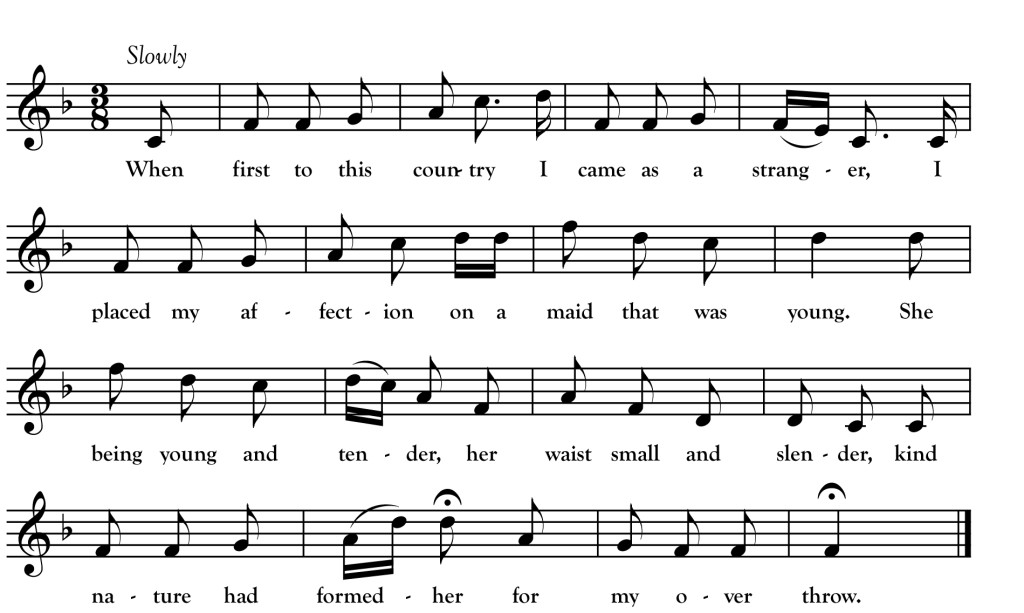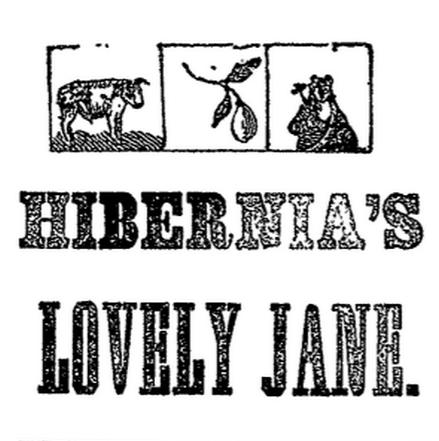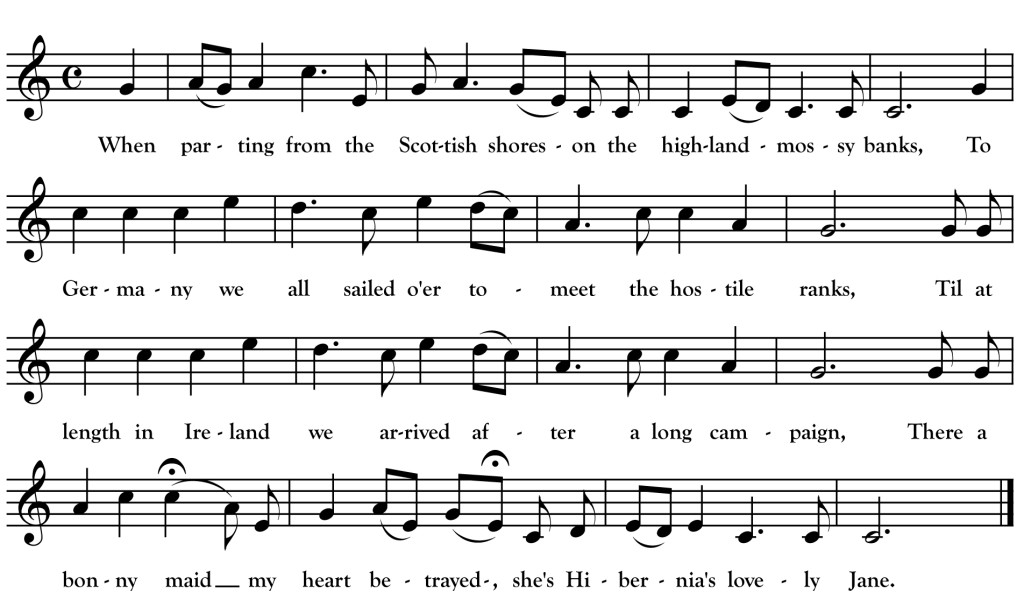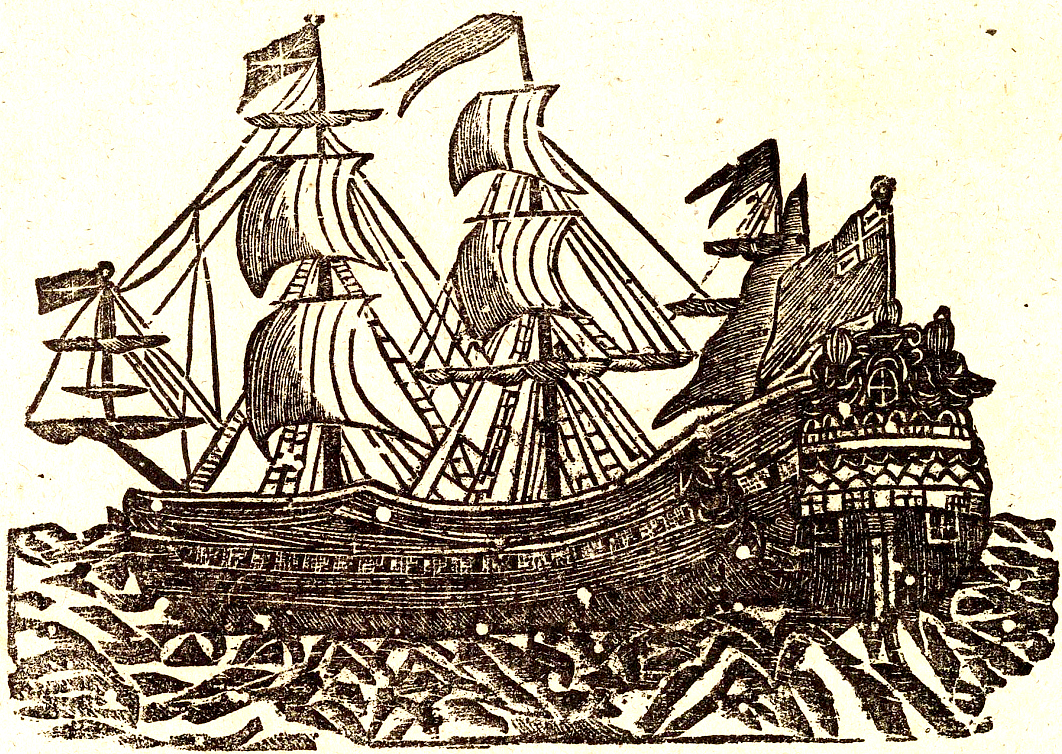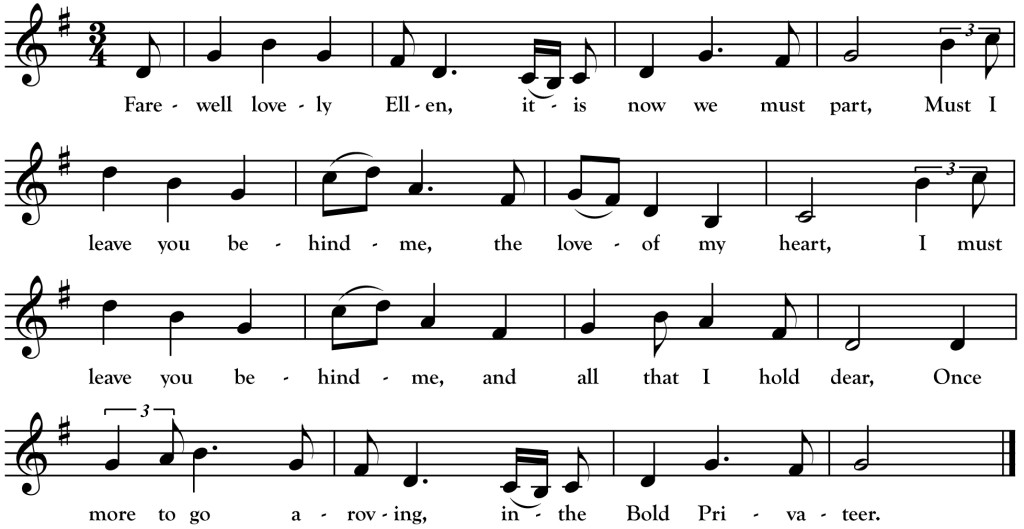The Brown Girl (Laws O2)
When first to this country I came as a stranger,
I placed my affection on a maid that was young,
She being young and tender, her waist small and slender,
Kind nature had formed her for my overthrow.
On the bank of a river where first I beheld her,
She seemed like fair Venus or some other queen,
Her eyes shone like diamonds or stars brightly beaming,
Her cheeks like two roses or blood upon snow,
It was her cruel parents that first caused my ruin,
Because they were rich and above my degree,
But I will do my endeavor, my fair one, to gain her,
Although she belongs to a high family.
She says, “Lovely Johnny, don’t be melancholy,
If you will be loyal, I’ll surely prove true,
There is no other inferior that will e’er gain my favor,
On the banks of a river I’ll wander with you.”
Now since I have gained her I am contented forever,
I’ll put rings on her fingers and gold in her hair,
With diamonds and pearls I will deck my Brown Girl,
And in all kinds of splendor I’ll style you, “My Dear.”
_____________
We return this month to the repertoire of Michael Cassius Dean whose version of “The Brown Girl,” shown above, was transcribed by collector Franz Rickaby when he visited Dean’s home of Virginia, Minnesota in 1923. Much less gory than the older English ballad of the same name, Dean’s “Brown Girl” is a 19th century broadside ballad also found in tradition in the Canadian Maritimes and Ireland. As I have familiarized myself with Dean’s repertoire (more than 160 songs) over the past several years of research I find myself drawn to his songs that evoke something of his life here in Minnesota. I love this text for the image of “blood upon snow”—a striking description of rosy cheeks that fits with Dean’s snowy home.
There is a lot more of Dean to come in 2016! Next month marks the launch of the “Lost Forty Project”—my year-long effort publicize and revive forty forgotten field recordings made of Minnesota-based traditional singers in 1924 by Robert Winslow Gordon. Thirty of the recordings are of Dean and they will all soon be made freely available on a website I will be creating! Stay tuned for more!
You can see digitized versions of some of the mid-1800s broadside printings of this ballad courtesy of the Bodleian Library’s amazing broadside ballad collection
For list of print publications containing versions of this song and more info, see its Traditional Ballad Index page

